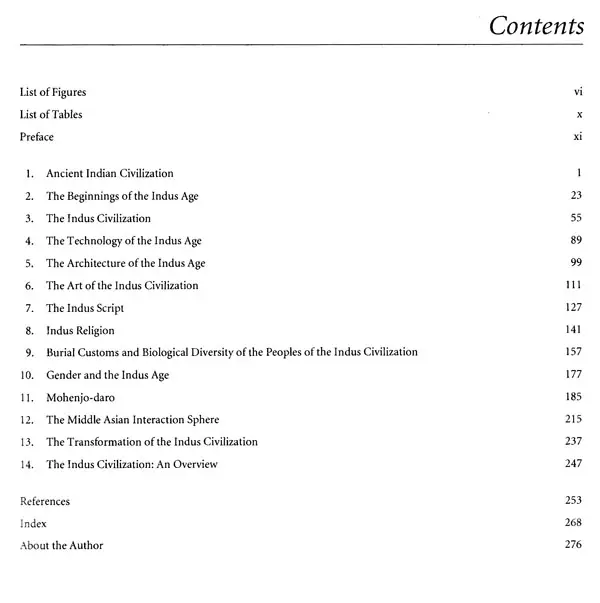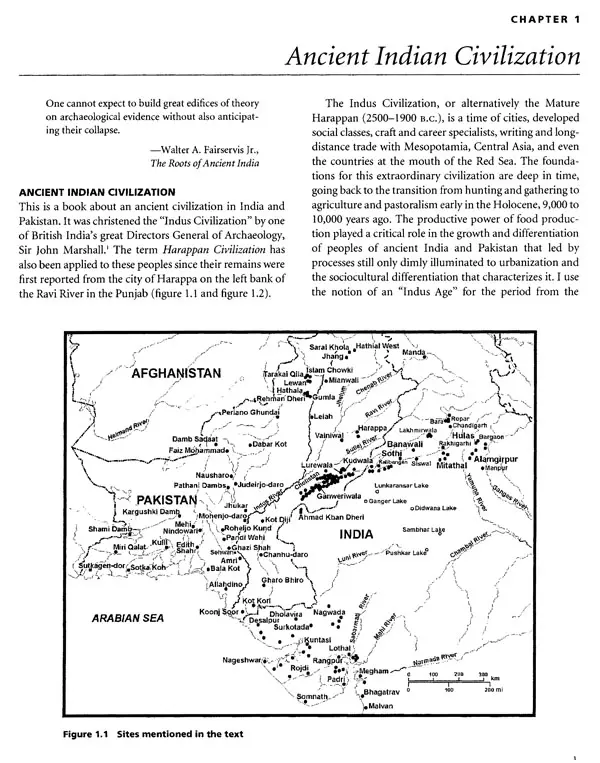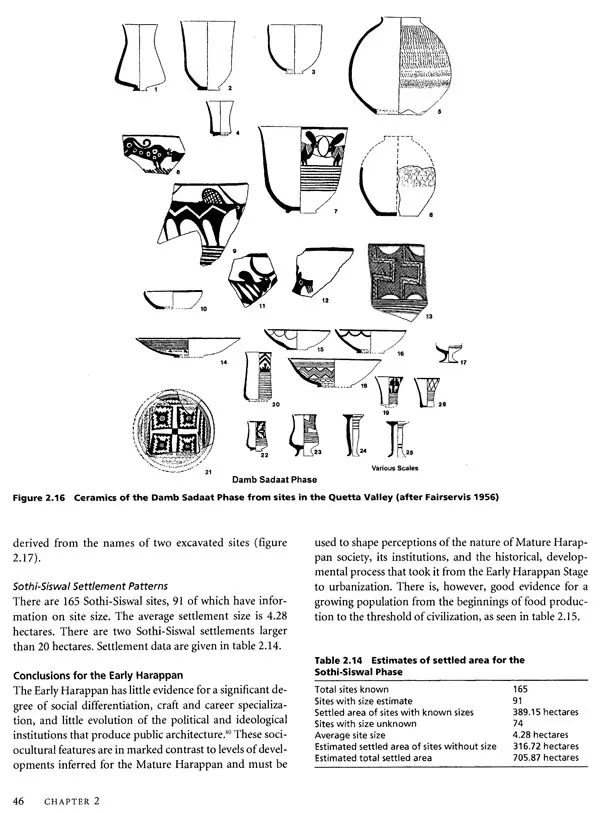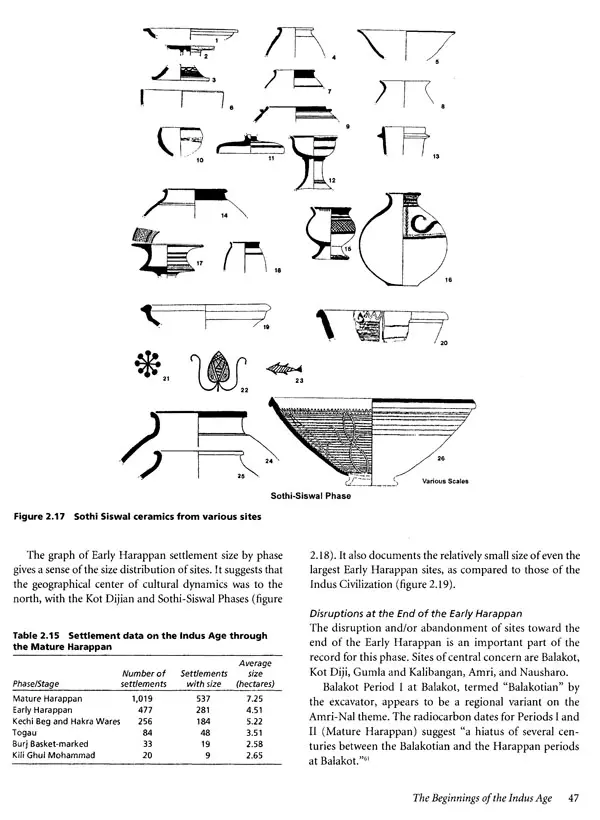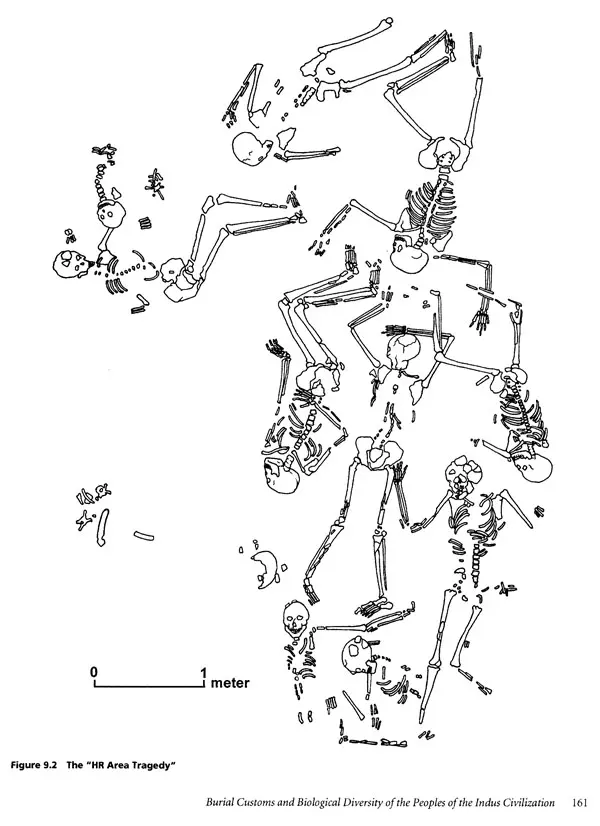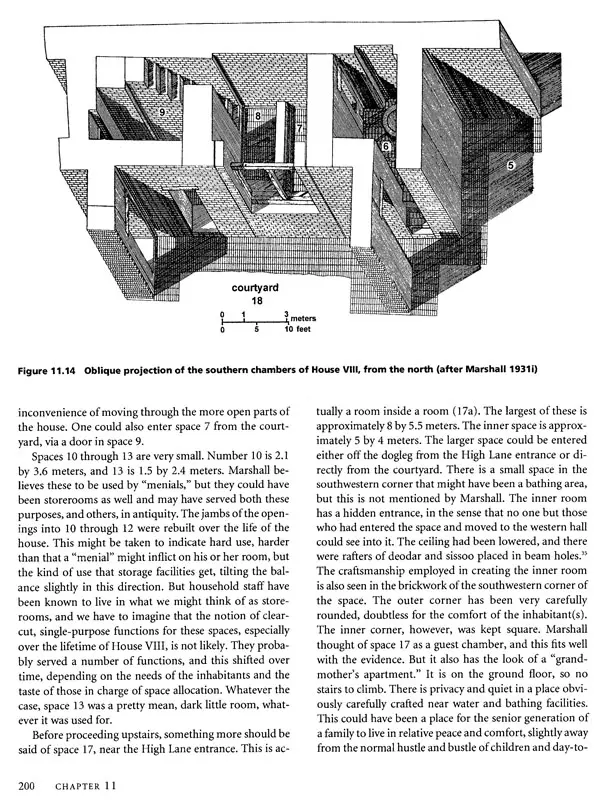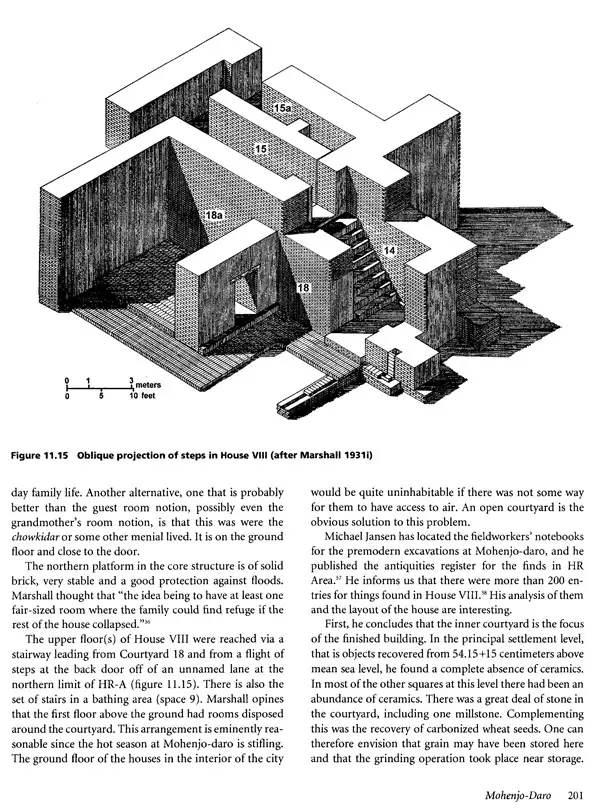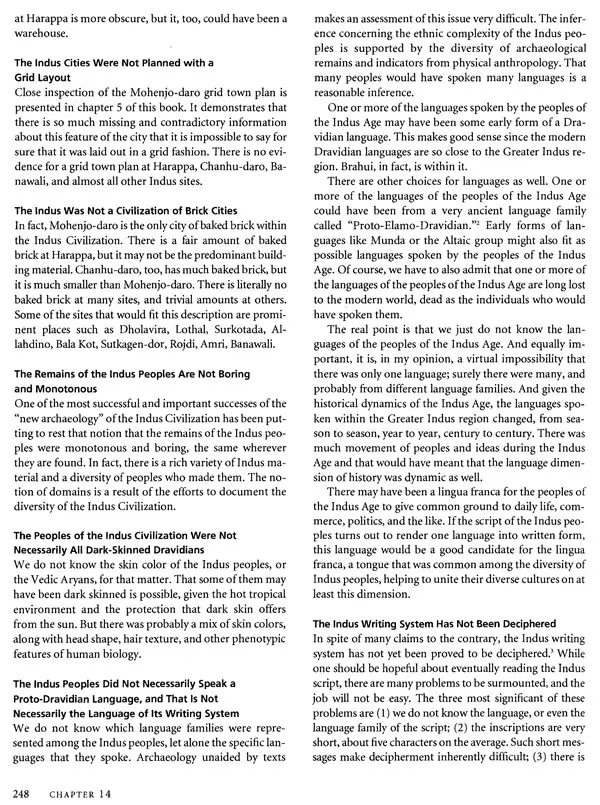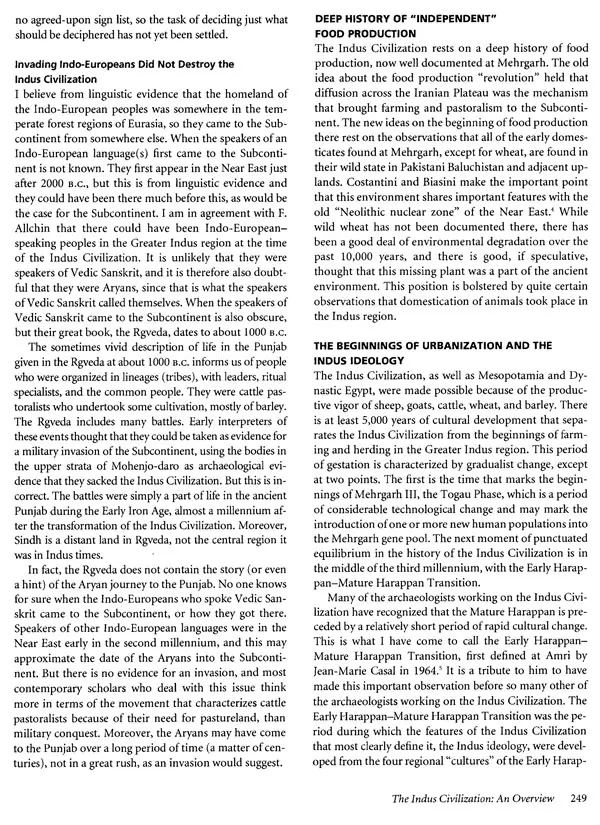
The Indus Civilization (A Contemporary Perspective)
Book Specification
| Item Code: | UAP954 |
| Author: | GREGORY L. POSSEHL |
| Publisher: | Dev Publishers and Distributors |
| Language: | English |
| Edition: | 2019 |
| ISBN: | 9789387496057 |
| Pages: | 288 (Throughout B/w Illustrations) |
| Cover: | PAPERBACK |
| Other Details | 11.00 X 8.50 inch |
| Weight | 670 gm |
Book Description
The Indus Civilization of India and Pakistan was contemporary with, and equally complex as the better-known cultures of Mesopotamia, Egypt and China. The dean of North American Indus scholars, Gregory Possehl, attempts here to marshal the state of knowledge about this fascinating culture in a readable synthesis. He traces the rise and fall of this civilization, examines the economic, architectural, artistic, religious, and intellectual components of this culture, describes its most famous sites, and shows the relationships between the Indus Civilization and the other cultures of its time. As a sourcebook for scholars, a textbook for archaeology students, and an informative volume for the lay reader, The Indus Civilization will be an exciting and informative read.
GREGORY L. POSSEHL was a Professor of Anthropology at the University of Pennsylvania and Curator of the Asian Collections at the University of Pennsylvania Museum of Archaeology and Anthropology. He had been engaged in archaeological research in India and Pakistan since 1964, from Iron Age megaliths to Mesolithic encampments, including directing excavations at Rojdi in Gujarat and Gilund in southern Rajasthan. Possehl has written and edited a number of important books on the Indus Civilization and related topics.
THIS IS A BOOK ON THE INDUS CIVILIZATION FOR A MORE general audience than the other books I have authored and edited. It will fit into the larger series I am doing, en titled the Indus Age, as a kind of summary statement.
The material for The Iralis Civilization: A Contemporary Prospective has been assembled from other work, some of it published, some of it manuscript. But the configuration of the book, and the presentation of Ancient India's earliest urban landscape, is new, especially in my attempts to begin to deal with the ideology of the Indus peoples.
I want to thank my new colleagues at AltaMira Press for taking on the Indus Age series, especially Mitch Allen. He and his associates have been a pleasure to work with. I should also thank those colleagues who read my work in progress and/or provided me with the kind of scintillat ing discussion that continues my education. I list them bere in the order in which I became actively engaged with them as a part of my intellectual life: Bridget and Raymond Allchin, M. Rafique Mughal. V. N. Misra, Kenneth A. R. Kennedy, Louis Flam. Jim G. Shaffer, Richard Meadow, Maurizio Tosi, Rita Wright, Mark Kenoyer, Vasant Shinde.. Talso want to acknowledge the fact that my views on the In dus Civilization continue to bear influences from my early training with Walter A. Fairservis Jr.
There are many illustrations in this work. The pref ace gives me a chance to thank those who helped me here: Catherine and Jean-François larrige for imagery from Mehrgarh, Michael Jansen for architectural images and some from Mohenjo-daro, Alexandra Ardeleanu-Jansen for images relating to Indus sculp ture, the Archaeological Survey of India (especially my friend and colleague R. S. Bisht) for its assistance, Man and Environment. Cambridge University Press, the American Museum of Natural History, Puratattva, Fer ozsons (Lahore), the American Oriental Society, Isti tuto Italiano per l'Africa e l'Oriente (formerly IsMEO), Arabian Art and Archacology, the Peabody Museum of Harvard University, the University of California Ar chacological Research Facility, The New Yorker maga zine, and finally my own institution, the University of Pennsylvania Museum. Without the collegiality and co operation of these individuals and institutions. The In dus Civilization would be a very plain book.
Finally, my appointment as an Overseas Fellow of Churchill College, the University of Cambridge, has given me the freedom to bring this book to completion. Churchill College has been extremely generous in this re gard, something I thank them for as well.
Book's Contents and Sample Pages

